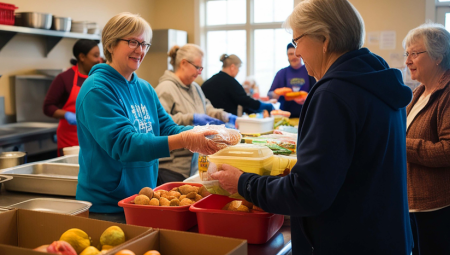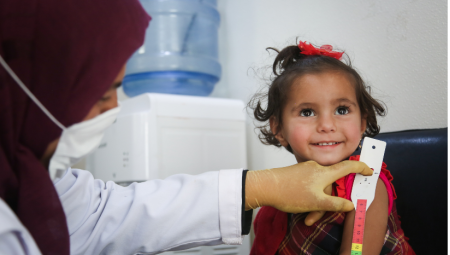Background
Oesophageal cancer is usually diagnosed late, has poor outcomes and is deemed a ‘cancer of unmet need’. Diagnosing its precursor, Barrett’s oesophagus, and using surveillance of people with Barrett’s to pick up and treat dysplasia and early-stage cancer is a promising approach to improving outcomes. The capsule sponge test device has been shown to improve detection of Barrett’s, is being introduced in secondary care and has the potential to be used as a screening tool for people with heartburn/reflux.
Project Aims
The project will generate vital evidence about potential barriers and facilitators to capsule sponge test screening uptake and the psychological and behavioural impact of screening participation to inform future implementation.
Project Activity
Work-package (WP)1 aims to identify anticipated intention to accept an offer of capsule sponge test screening and barriers and facilitators to capsule sponge test screening among those at elevated oesophageal cancer risk. We will use qualitative interviews (n=48) and a UK-wide population-based survey (n=1,100), using the Integrated Screening Action Model as a framework. The demographic and psychological predictors of intention will be assessed.
WP2 aims to assess the psychological and behavioural impact of different screening results. The research will be nested within the CRUK-funded BEST4 screening trial. We will collect psychological outcomes from ~1,200 participants receiving different screening results, and compare these with outcomes from the control group (n=1,156). Data will be collected at 3 time-points over 12 months from receipt of screening results. We will also interview 40 participants with abnormal screening results to understand their experience in more depth.
WP3 aims to co-produce materials to support informed decision-making and overcome barriers to capsule sponge test screening uptake. We will select modifiable barriers, identified in WP1, and hold a workshop and stakeholder focus groups to develop materials. Our patient and public involvement panel will be closely involved at all stages of the research, meeting with the research team every two months to ensure their perspectives are included on a continuous basis.
Anticipated or actual outputs
The project will generate in-depth understanding about the barriers and facilitators to capsule sponge test screening and will co-produce materials to support screening invitations. Psychological and behavioural outcomes collected in WP2 will establish the impact of screening participation, vital evidence for UK National Screening Committee consideration. Findings will lead to improved patient communication and could underpin the future development of interventions to minimise psychological harm and reduce the risk of progression from Barrett’s to OAC.
Who is involved?
Co-PIs:
Jo Waller and Emma Lidington
Queen Mary University of London (QMUL)
Collaborators:
Peter Sasieni (QMUL)
Fiona Walter (QMUL)
Rebecca Fitzgerald (Cambridge University)
Helen Coleman (Queens University Belfast)
Daksha Trivedi (University of Hertfordshire)
Mirjam van der Ende (Catharina Cancer Institute, Eindhoven)
Alan Moss (Action Against Heartburn)
Glynis Freeman (Patient and Public Representative)
PhD Student: Ninian Schmeising-Barnes (QMUL)
Contact
jo.waller@qmul.ac.uk





